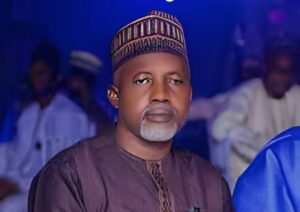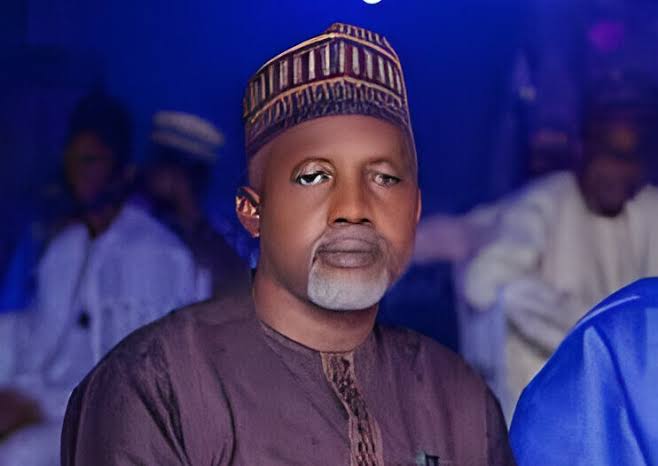The Federal Government of Nigeria has instructed all universities, polytechnics, and other higher institutions to offer direct admission to students with disabilities who meet the minimum score requirements in the Unified Tertiary Matriculation Examination (UTME). This decision is part of the government’s commitment to ensuring equal access to education for all Nigerians, including those with disabilities.

The Minister of State for Education, Dr. Yusuf Sununu, made this announcement during the first Africa Regional Conference on Equal Opportunity of Access to Higher Education, hosted by the Joint Admissions and Matriculation Board (JAMB) in Abuja. The government’s goal is to enroll 825,000 students with disabilities over the next five years.
Dr. Sununu emphasized that the government’s directive aims to promote education for all, regardless of physical challenges. He noted that the initiative demonstrates a strong commitment to providing equal opportunities for students with disabilities. The minister also praised JAMB’s Registrar, Professor Is-haq Oloyede, for advocating equal access to education, particularly for persons with disabilities (PWDs).
JAMB, under Professor Oloyede’s leadership, successfully secured approval to exempt students with disabilities from the post-UTME screening process, further simplifying the admission process for these candidates. All tertiary institutions are now expected to admit qualified PWD candidates into the programs of their choice based on their UTME scores.
The government’s target of enrolling 825,000 students with disabilities over the next five years is a significant step toward inclusive education. The DOTS policy (Data Repository, Out-of-School Children Education, Teacher Training & Development, and Skill Development & Acquisition) also plays a key role in addressing the educational needs of vulnerable groups, including students with disabilities.
Dr. Sununu stressed that providing quality education for all children, especially those with disabilities, is essential for helping them develop the skills they need to reach their full potential. He called on universities and other institutions to ensure that their campuses are accessible to students with disabilities. This includes making provisions for physical and digital infrastructure, as well as teaching aids like braille, sign language interpreters, and digital learning tools.
During the conference, Professor Oloyede also called on the Federal Government to adopt Nigerian Sign Language (NSL) as the country’s second official national language. He argued that this would be a powerful gesture of empathy and support for the many Nigerians with hearing impairments.
Additionally, Oloyede recommended the establishment of support centers for PWDs in each geopolitical zone of the country. These centers would be equipped with modern technology and resources to help PWDs access education more easily. He suggested that the National Commission for Persons with Disabilities (NCPWD) oversee the creation of these centers.
The government’s push for inclusive education marks a significant step toward creating equal opportunities for students with disabilities in Nigeria. By ensuring that universities and other institutions accommodate their needs, the country can help these students unlock their full potential and contribute meaningfully to society. The Federal Government’s initiative highlights a commitment to breaking down barriers and ensuring that education is accessible to all, regardless of physical or cognitive challenges.




